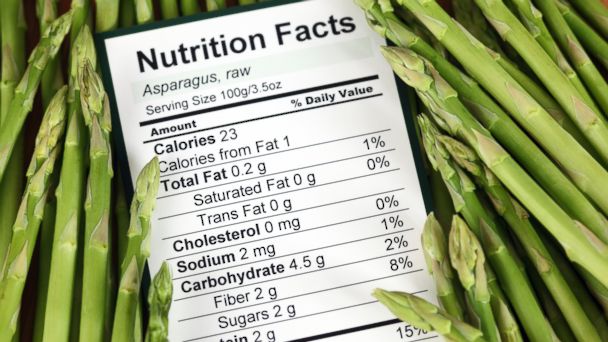'Natural' vs 'Organic': How Food Labels Deceive
When strolling the supermarket aisles, do you know the difference between "natural" and "organic"?
Michael Jacobson, executive director of the Center for Science in the Public Interest, a food watchdog group, has been battling what he considers misleading or confusing labels - everything from "natural" to "whole grains" for decades.
"The food industry thinks this is a war and their livelihoods depend on you buying their product," he said.
Related: Companies not telling the whole truth about whole grains.
A recent Consumer Reports survey found that a third of those questioned thought "natural" was the same as "organic" - heads up, it's not.
The term "organic" is tightly regulated and means food was produced under approved methods and is free of synthetic fertilizers.
The Food and Drug Administration, however, has no definition for the use of the word "natural." And although a lot of products use "natural," that doesn't mean there aren't a lot of non-natural ingredients in them.
"It's one of those buzz words you put on a product," Jacobson said. "More people will grab it. People might pay a little bit more for it."
Related: 10 healthy eating apps one nutritionist loves.
With already 800 products bearing its label, "artisan" has become one of the hottest new terms. And while it may bring to mind a small cheesemaker or corner baker, the FDA has no definition for use of the term "artisan" on food labels.
And when it comes to cage-free eggs, which can go for as much as 50 percent more than battery-caged eggs, if the label does not say "pasture-raised," the chickens may not be caged but also many not be ranging very far.
Jacobson did say that cage-free was still better treatment for the chickens than caged, even if they were not pasture-raised.
Jacobson said that with all the marketing and lingo and glossy pictures, consumers should always look to a product's ingredient list to find the real answers.

(Getty Images)